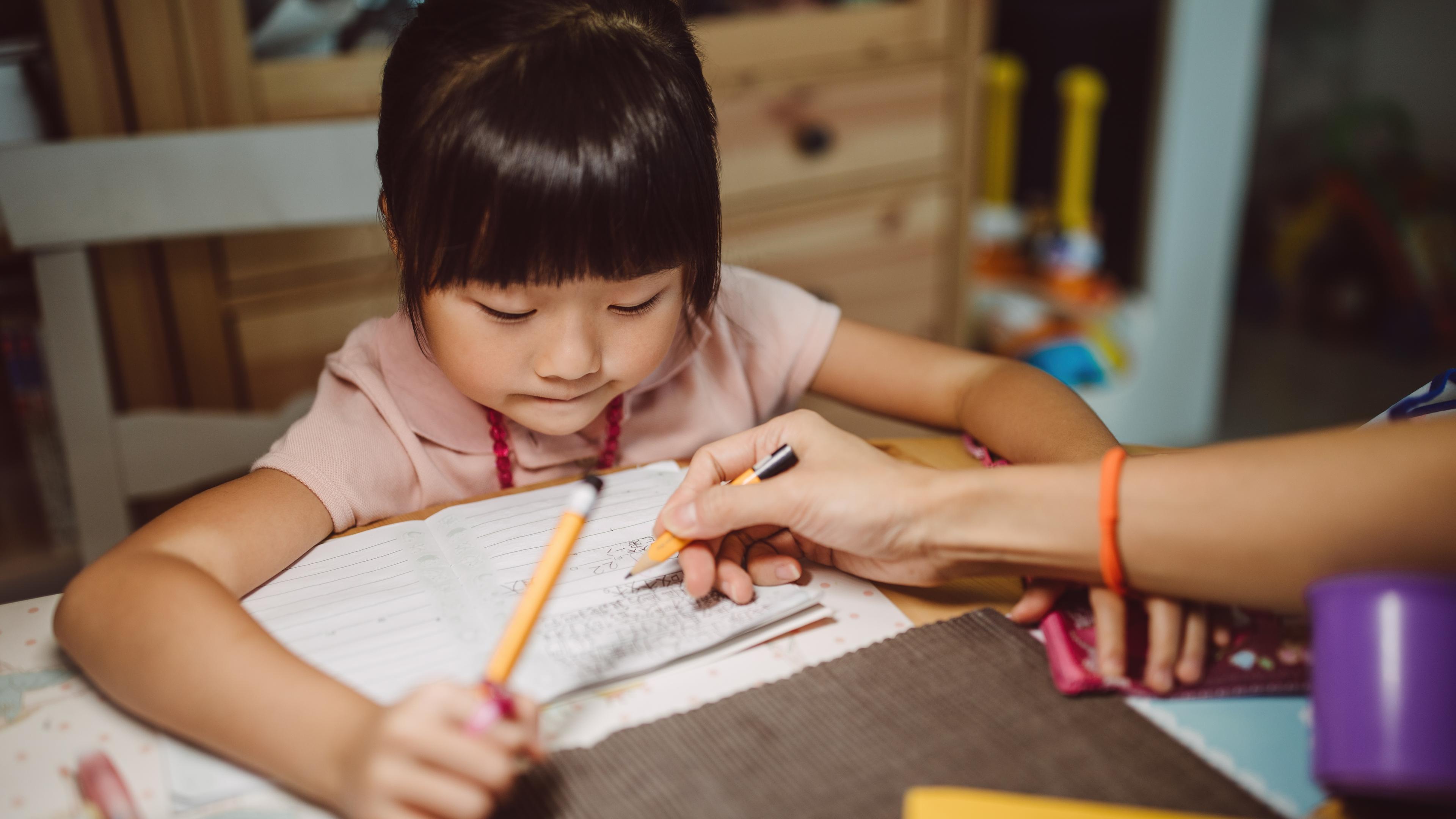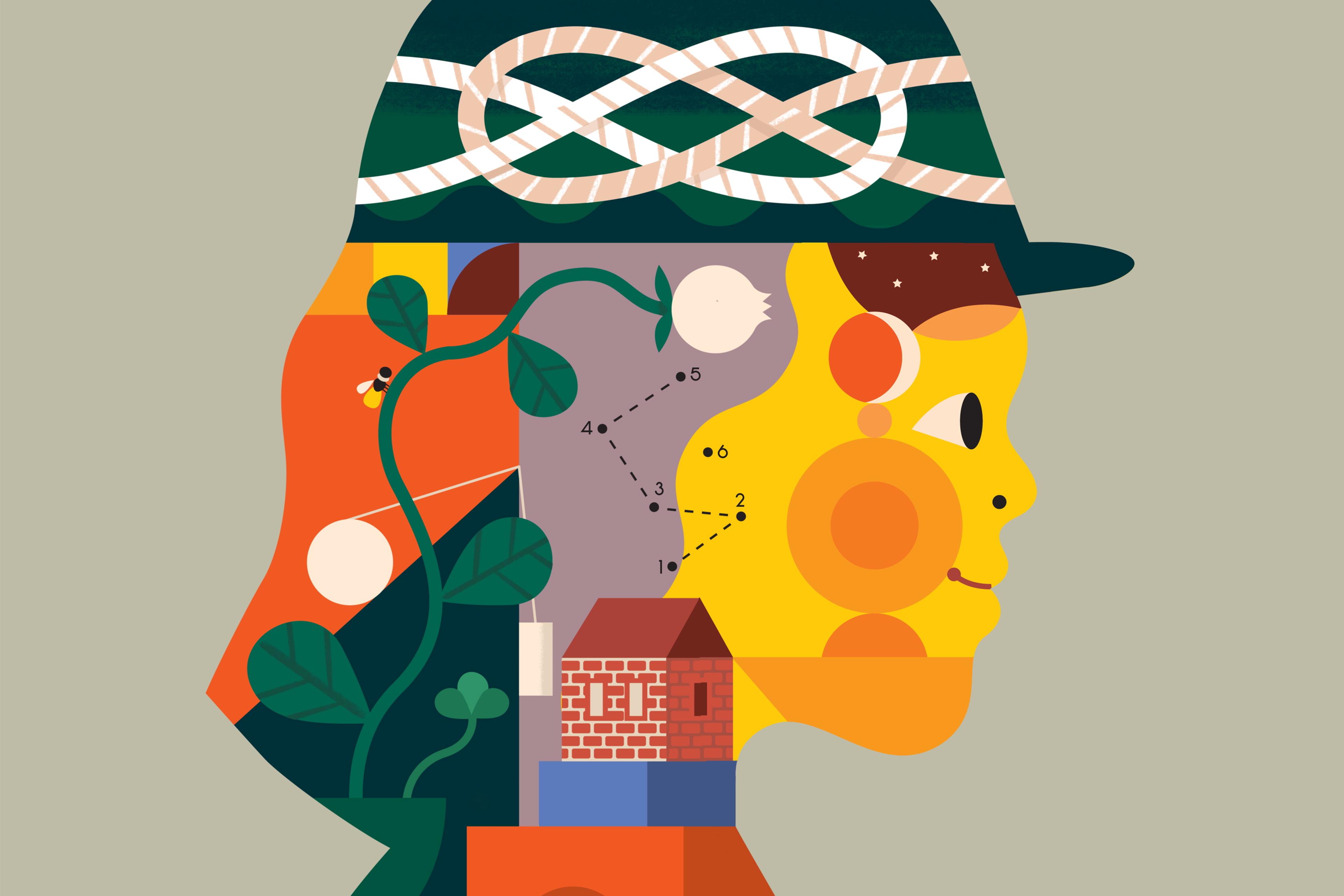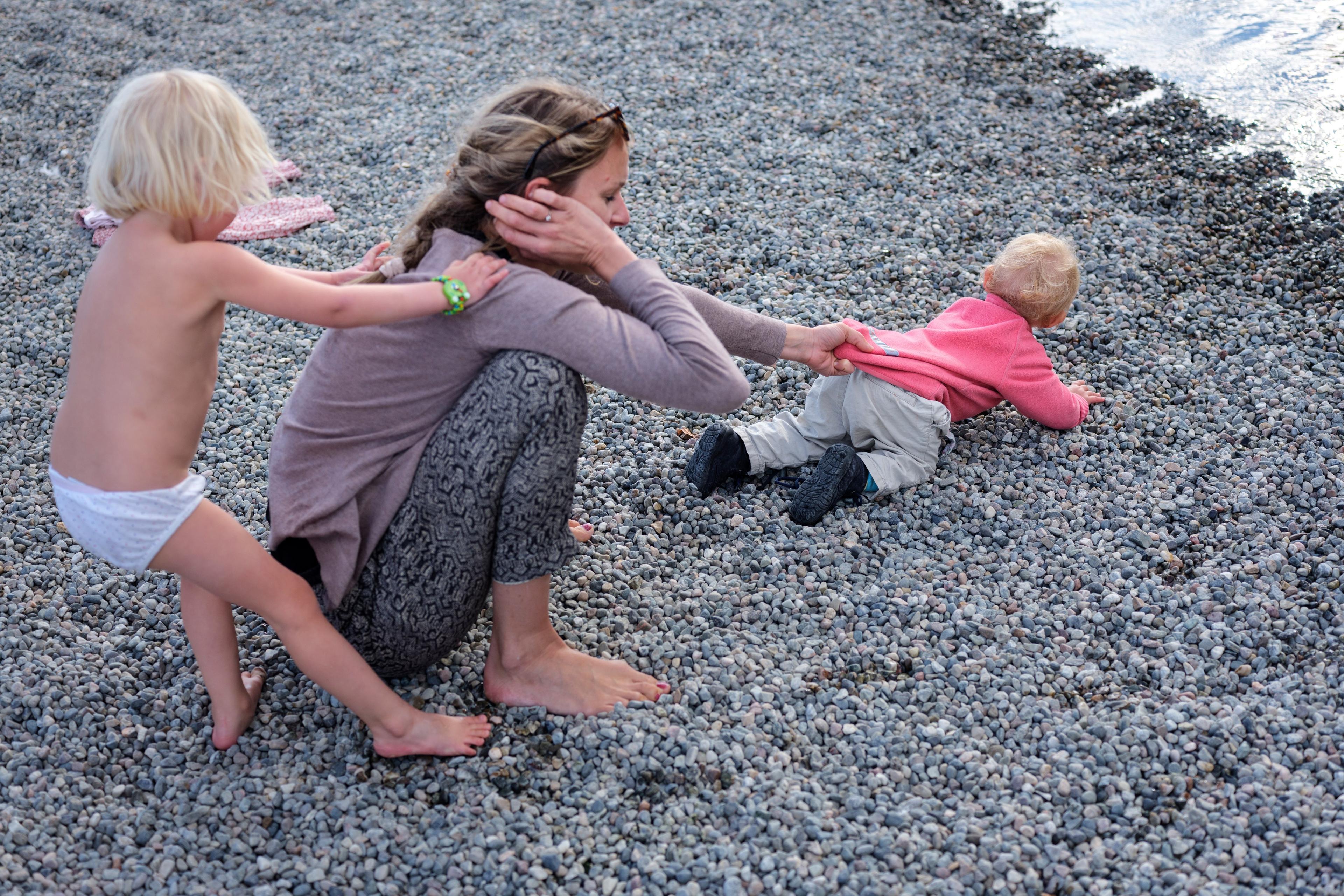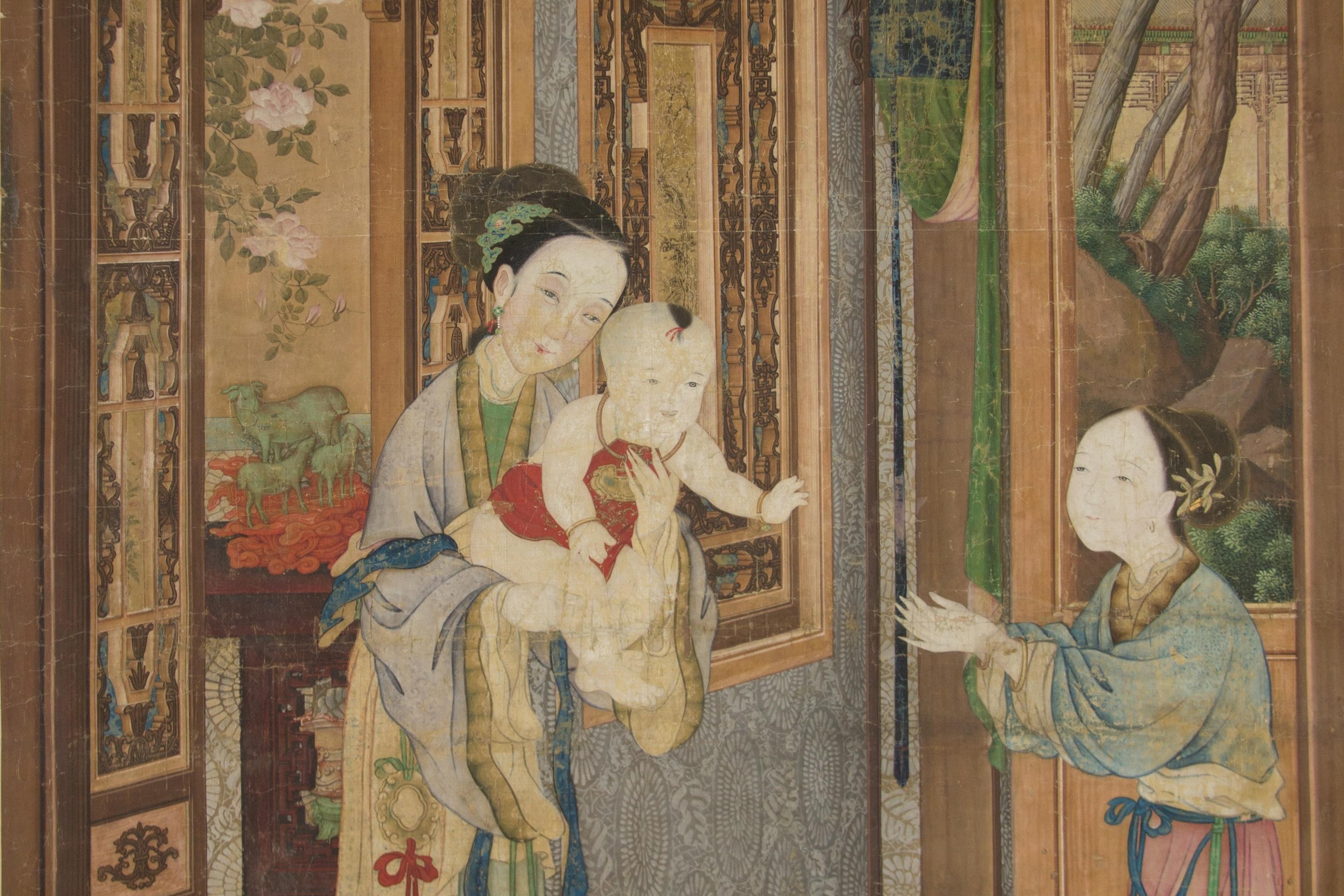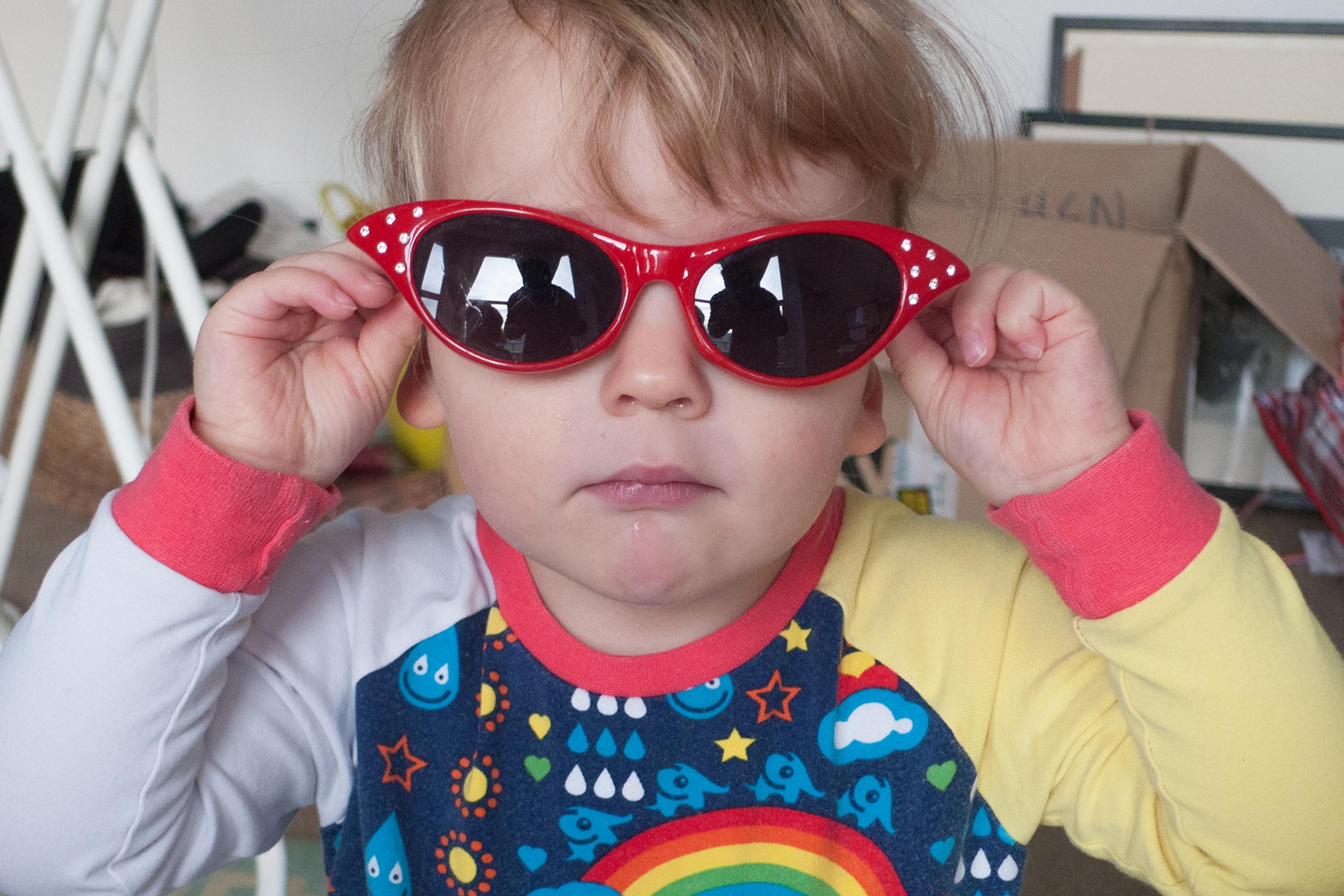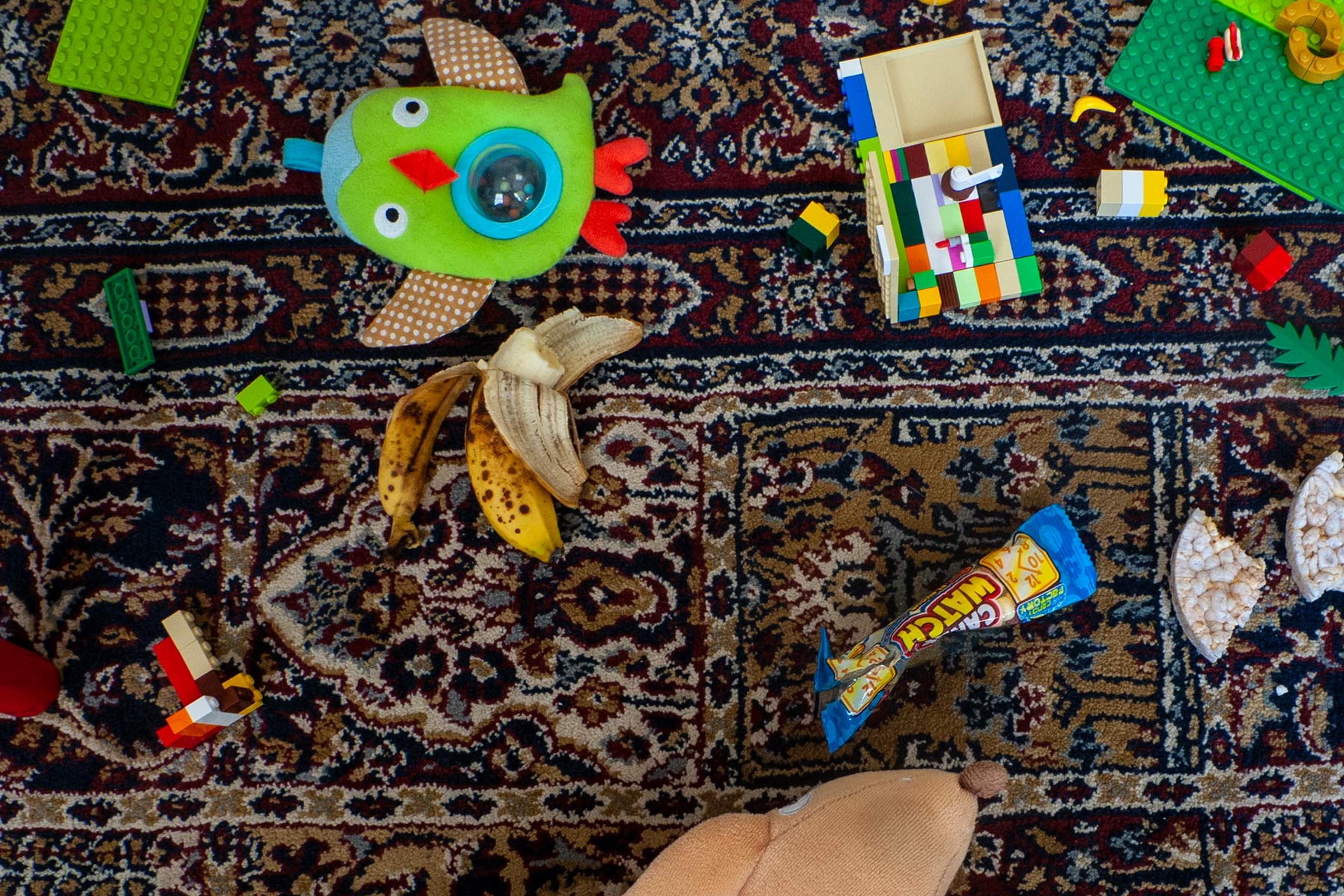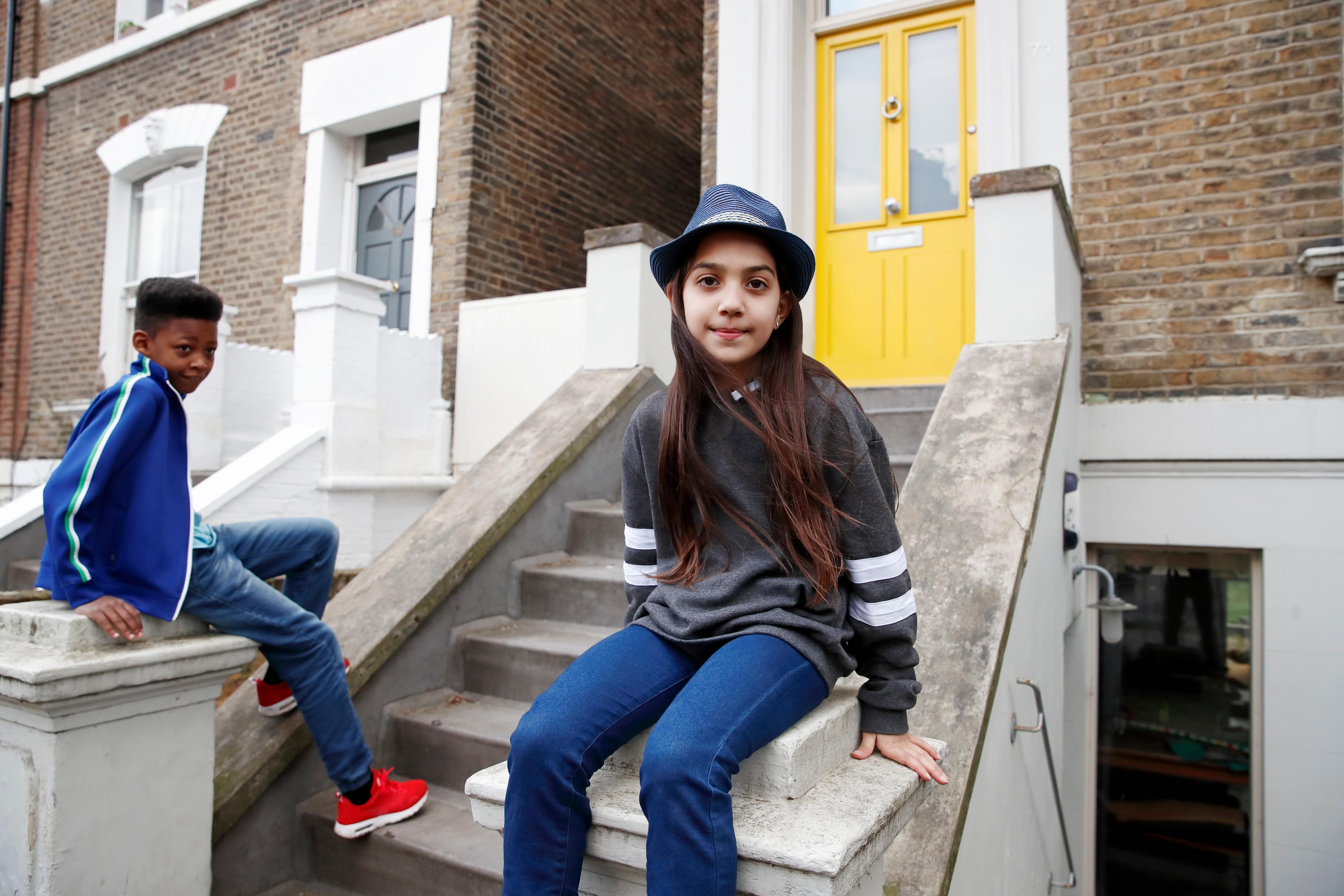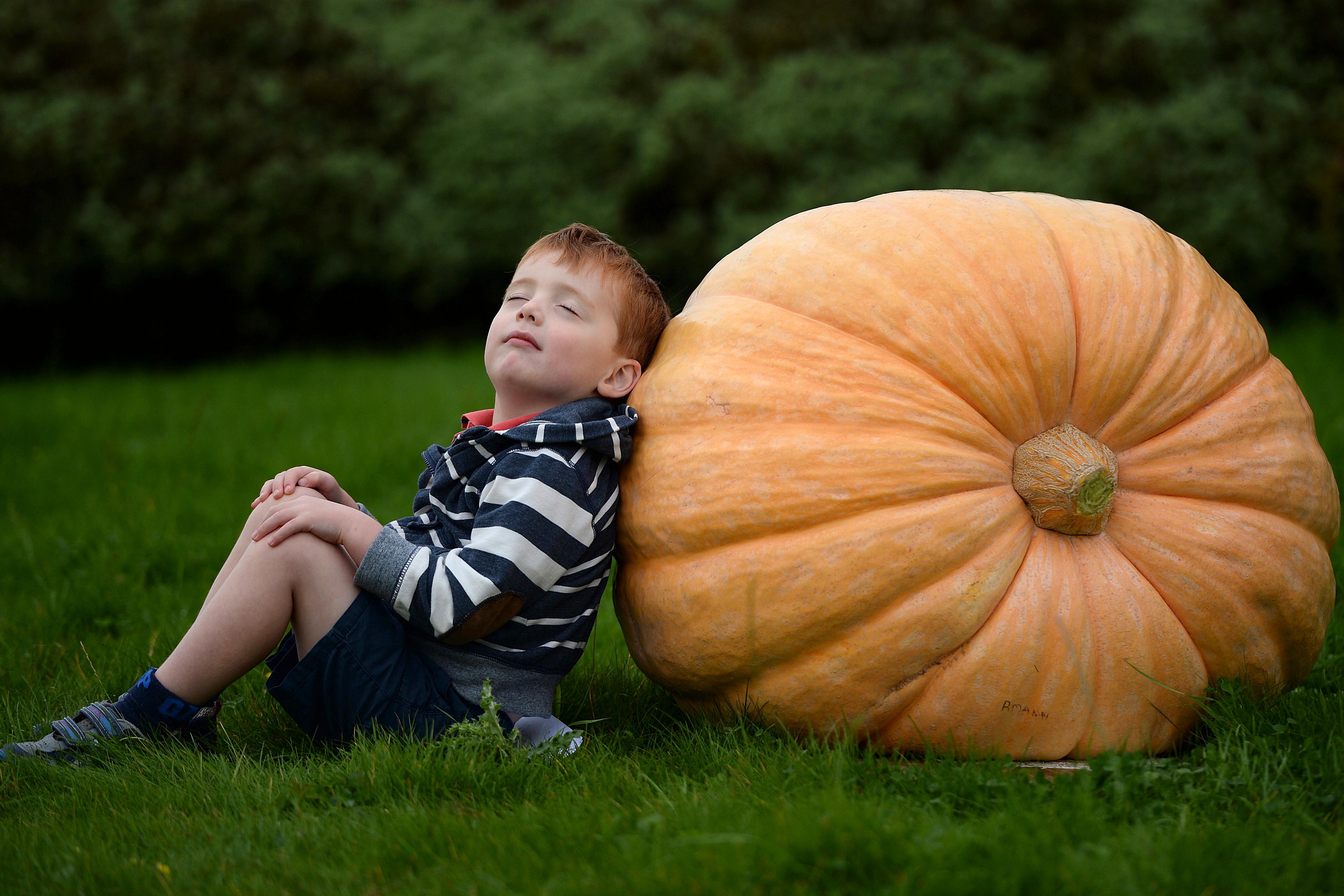When I was in eighth grade, my mom sat down with me to explain the grave nature of the situation. We looked at the results of my geometry exam, gripped tightly in her hand: a paltry 92 per cent, with ‘A-’ written at the top in a red circle. A single mistake could define our lives or, at the very least, be the first step toward total decay. I could lose it all, and my family’s efforts would be in vain.
I was old enough to argue back, and I understood that getting a few geometry problems incorrect by no means doomed me to a life of joblessness and failure. My mom, however, disagreed, and we had a heated argument, one of many similar clashes that my brother and I had with her while growing up. Our childhood was filled with volunteer work, meticulous study plans, and research activities. My mother, who had immigrated from China to the United States for her PhD, formulated a grand vision for her children.
My brother and I grew up under a regime of discipline and socialisation known as ‘tiger parenting’. Amy Chua popularised the term in her book Battle Hymn of the Tiger Mother (2011), in which she recounts pushing her children toward her idea of success. This involved actions such as forcing them to practise violin for six hours a day, requiring that they be first in the class (except for gym and drama) and forbidding sleepovers.
Tiger parents fixate on their children attaining high levels of success in academic and extracurricular domains, often at the sacrifice of the emotional bond between parent and child. Families of East Asian descent have a particular reputation for this kind of parenting, where education is culturally venerated as a means of social mobility, though it is not theirs exclusively. In many immigrant families, yearning for financial stability further amplifies the pressure on children. Many of my childhood friends and university classmates grew up under such strict regimes.
My mother’s emphasis on education was in part rooted in the opportunities denied to her. She grew up during China’s Cultural Revolution, a tumultuous decade where Mao Zedong’s attack on the intelligentsia resulted in the closing of universities and the general shuttering of education at all levels. Often, she recounted school stories of memorising poems by Mao rather than studying a normal educational curriculum. In light of such a history, education was hailed by my mother as a near-guaranteed path out of poverty.
Not all tiger parents are as extreme as Chua. My mother gave up on having me play the piano after age 11. In some sense it was a question of persistence; my mother decided that it wasn’t worth the effort to force me into practising, especially given that I was no prodigy.
Among many variations there are common psychological roots in all tiger parents. The first aspect is the control. Control is an instrument to minimise the risk that a child may not find academic or intellectual success. My mother would often speak with horror of friends’ children who were not excelling academically. My A- on a geometry test was an early warning sign of total decay, a grim hint of the coming dark days. Chua tells a story of an imperfect piano practice session from her daughter, after which Chua threatens to burn all of her daughter’s stuffed animals. At their very core, these high standards are driven by a fear that a child might end up professionally unsuccessful and a desire to minimise the probability that anything could go wrong. Ideally, they can ensure that there is not even a 0.0001 per cent chance of a child growing up to be anything less than stellar.
But even the concept of success can be hard to define; in Asian immigrant circles, it is often tied with a stable occupation. A fitting example is the parents of the four-time Olympian and six-time US national champion in table tennis Lily Zhang. They initially encouraged her to play table tennis with the belief that it would help her get into a good school, but now they try to convince Zhang to stop playing, with her mother recently telling The Wall Street Journal: ‘We are traditional Chinese parents. We always want her to focus on school. I always wanted her to get a job and be a regular girl.’
Tiger parents feel strongly that happiness lies in academic and intellectual achievement
The second aspect of tiger parenting is the cost that parents are willing to pay. Most parents, in general, may have a vague vision of the childhood they want their children to have. They may emphasise quality time and close relationships, or a desire that the child finds appropriate interests. Many in healthy families simply want their children to be happy – whatever that means.
Tiger parents, in fact, are fundamentally the same. They do want their children to be happy, but they feel strongly that happiness lies in academic and intellectual achievement, which in turn is tied to prestige and financial stability. There is also often a question of social mobility – of capitalising on opportunities that were not present in the parents’ childhood. As Diana Tsui, writing for New York magazine, describes her mother’s mentality: ‘You’re lucky to have been born in America – don’t screw it up.’ Frequently in tiger parenting, something important gets thrown to the wayside: consideration for a close relationship between parent and child, or a free and happy childhood.
This also takes a toll on children’s relationships with their peers. Chua viewed sleepovers as impediments to academic success, potentially bad influences. My parents, too, opposed any type of dating before college, on grounds it would distract from studies (though in high school this rule was violated and eventually unenforced). Add friction over forced activities, arguments over grades, constant berating, all working toward how tiger parents have a singular goal: children must succeed – often educationally and professionally – according to the parents’ standards, but the children’s conception of success can differ drastically due to generational and cultural differences. The secret of tiger parenting lies in the parents’ willingness to pay an emotional cost much higher than many others would be willing to pay. It’s one of the core features of tiger parents: they are willing to trade success for love.
When her younger daughter was around age 13, Chua reached a turning point. She realised that the relationship was at risk of permanent damage. Not all tiger parents understand this so early, and the strained relationship can continue until university, and even beyond.
Among my friends, the greatest toll of tiger parenting has been on the emotional relationships between family members. As tiger parents age and mellow out, they often realise that there is more to a relationship than the child’s success (or alternatively, success having been achieved, that there is no longer a need to domineer). There are many reasons for any child-parent relationship to suffer, but the tiger-style one has a certain flavour. I see a similar story over and over. It’s not that children raised in such environments don’t love their parents (and, in the reverse direction, even tiger parenting is an expression of love and care in its own way). Rather, the authoritarian dynamic of the upbringing produces a highly adversarial situation that sets a pattern of pitting child against parent. The tiger parent is the enemy; the tiger parent is the enforcer.
I believe their strictness backfired and actually deterred him from the path his parents envisioned
As a result, it’s difficult for many children to humanise their tiger parents. It takes a lot of work to mend a relationship with a lifelong adversary. A search yields headlines of the following sort: ‘I Grew Up With a Tiger Parent and All I Got Was This Lousy Psychological Trauma’, ‘I Survived a Tiger Mom’, ‘How Growing Up With “Tiger Parents” Affected My Depression’– among other similar ones. It turns out, notably, that tiger parenting and its misguided strictness may not even work. A 2013 study of Chinese American families concluded that ‘a tiger parenting profile was associated with lower GPA and educational attainment, as well as less of a sense of family obligation; it was also associated with more academic pressure, more depressive symptoms and a greater sense of alienation.’
I’ve heard many such stories. Some end with tough relationships that require active effort from both parties to repair in adulthood. A friend of mine with tiger parents recently discussed with me how strange it was to see people who went on trips with their parents. Some cases are much more severe, though this is less common. A family friend of mine, who was pushed by tiger parents throughout his childhood, gave up on studying by the time he was in high school. He ended up on the path of drug abuse and eventually ended up imprisoned for violent crime. Such situations are complex, and it’s hard to pinpoint the causal links definitively – but I believe that his parents’ strictness played a large role, backfiring and actually deterring him from the path that his parents envisioned.
An even more extreme case was in the recent Netflix documentary What Jennifer Did (2024), which recounts the story of Jennifer Pan, a Canadian woman who hatched a kill-for-hire plot against her tiger parents, both immigrants from Vietnam. Writing for Toronto Life, her classmate Karen Ho described Pan’s father as ‘the classic tiger dad’. It’s true: sometimes, the children end up winning science fairs, performing at Carnegie Hall and attending elite universities. But it can also backfire, producing extremely rebellious teenagers who become apathetic toward school and family. Even those who achieve academic excellence might view their families with a sense of alienation when they begin to reflect on childhood. In the happiest, most fortunate cases, the relationship is repairable with empathy and forgiveness.
In the broader picture of parenting, tiger parenting stands at one end of the spectrum. Some parents believe that a child in a supportive environment will thrive naturally, without too strong an application of discipline and direction. Tiger parents take the opposite approach, presuming that failure or mediocrity is the natural course of affairs and that intervention is necessary.
It can be instructive for parents, prospective parents and those simply musing about parenthood to consider how involved one should be in directing a child’s future. A tiger parent’s fears may be triggered by the mere prospect that a child will not attend an elite university, which for tiger parents represents financial stability for their child later in life. But still, most parents would be pained to imagine their children growing up unable to provide for their basic needs, such as rent and sustenance. And it would be comforting to know that those children will find fulfilling paths in life. How much intervention and direction does this require from the parent? And how much are they willing to take the risk that something might go ‘wrong’, whatever that might mean based on personal definition?
Tiger parenting takes the idea of parental intervention to an extreme in attempting to minimise that risk. There is no room for error. Tiger parents view a more laissez-faire approach as a blind leap of faith. It requires confidence in oneself. It requires belief in the process of growing up and the child’s environment. Most of all, it requires trust in the child – that the child will find a way in the world.
